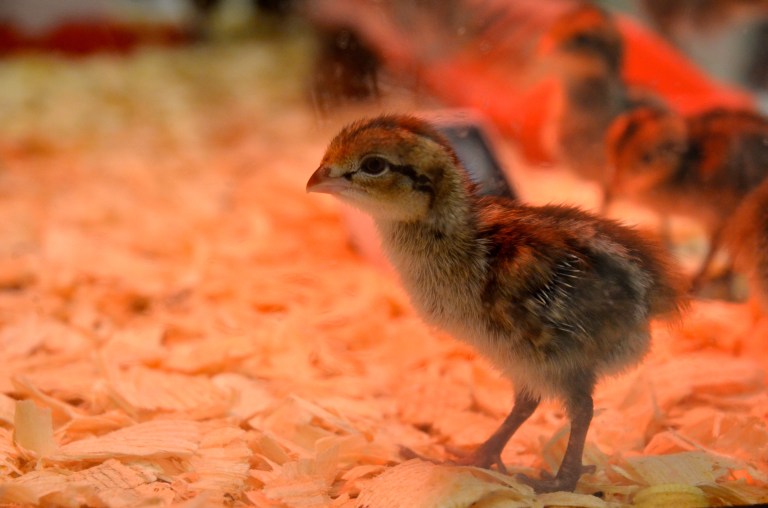
All will be quail in North Hempstead.
The Town of North Hempstead plans on Wednesday to unleash its special weapon to counter ticks: a platoon of fully-grown Northern Bobwhite quail.
Town officials first began raising the birds back in May, considering them an eco-friendly option in combating a growing army of disease-carrying ticks as opposed to insecticides.
“They’re old enough now. They’ve been at what we call their summer camp at Suffolk County,” Town Spokeswoman Carole Trottere said, referencing the birds’ time in Caleb Smith State Park in Smithtown.
Now that they’re grown up, officials plan to release many of the quail at 10:30 a.m. Wednesday at the Hempstead Harbor Trail at 175 West Shore Road – and expressed high hopes for them.
“The release of our homegrown quail will certainly be an exciting event that on one should miss,” Town Supervisor Judi Bosworth said in a statement on Monday. “These birds are our superheroes in the fight against ticks and the diseases they carry.”
The town will also be releasing a second group of the tick hunters in a property across from the North Hempstead Beach Park. From there, the two groups of quail are expected to spread throughout over 200 wooded acres.
Biologist Eric Powers, the designer of the quail pilot program and host of the town’s nature show, said his past projects in Caleb Smith State Park showed anecdotal success in reducing the tick population.
“It’s been very successful,” Powers said.
Powers also noted that the quail population on Long Island had been decimated over the years thanks to their number one predator: cats.
“Cats take a massive toll on our ground-dwelling wildlife, such as Bobwhite Quail, which turns out to be our front line of defense against ticks,” Powers said back in May when the program began.
Ticks typically become more active in warmer months and carry many pathogens, including one that can cause Lyme disease.
Officials advised prospective attendees to arrive ten minutes early to walk into the trail, as well as to wear pants and shoes with socks as a precaution.






